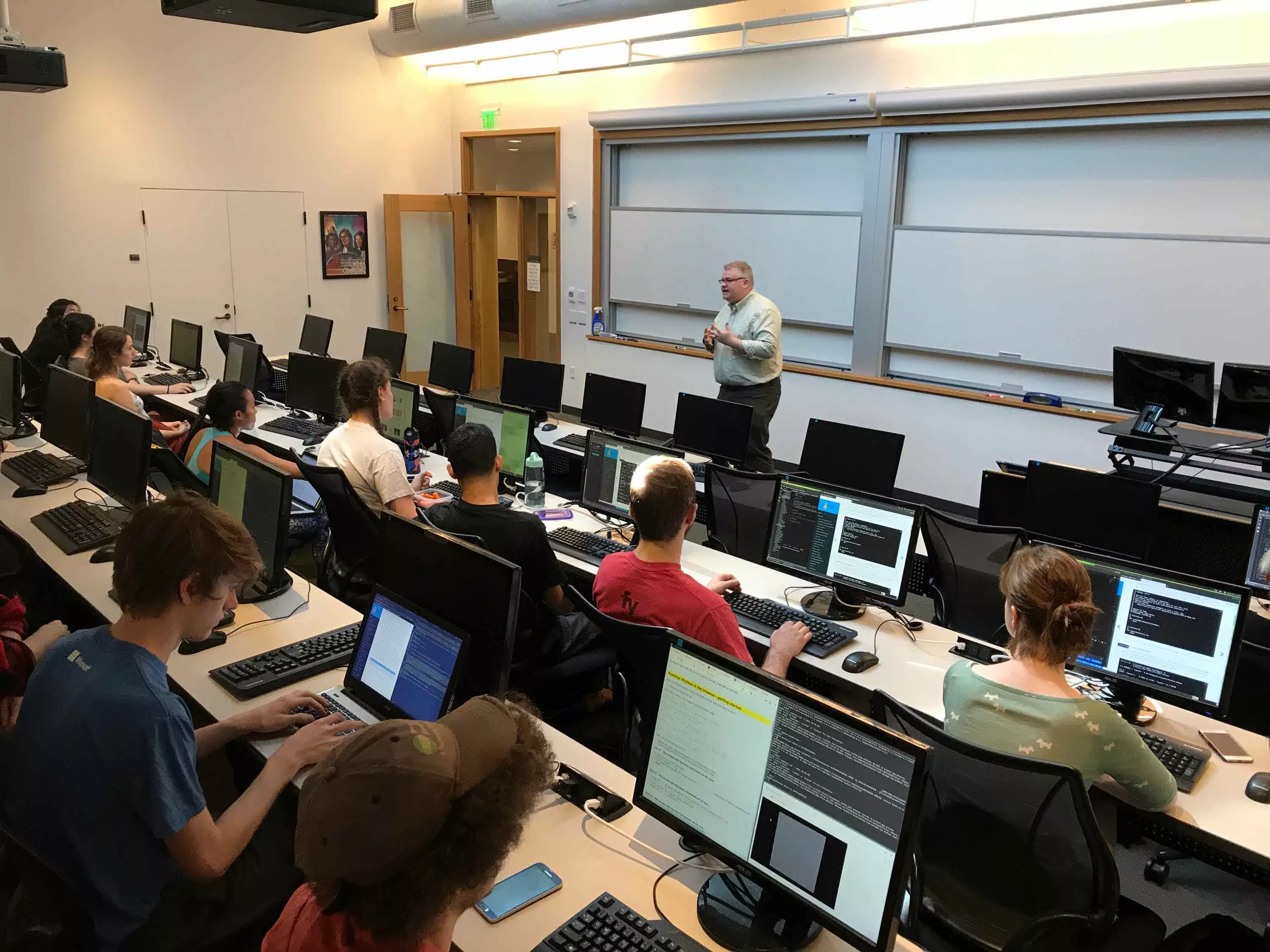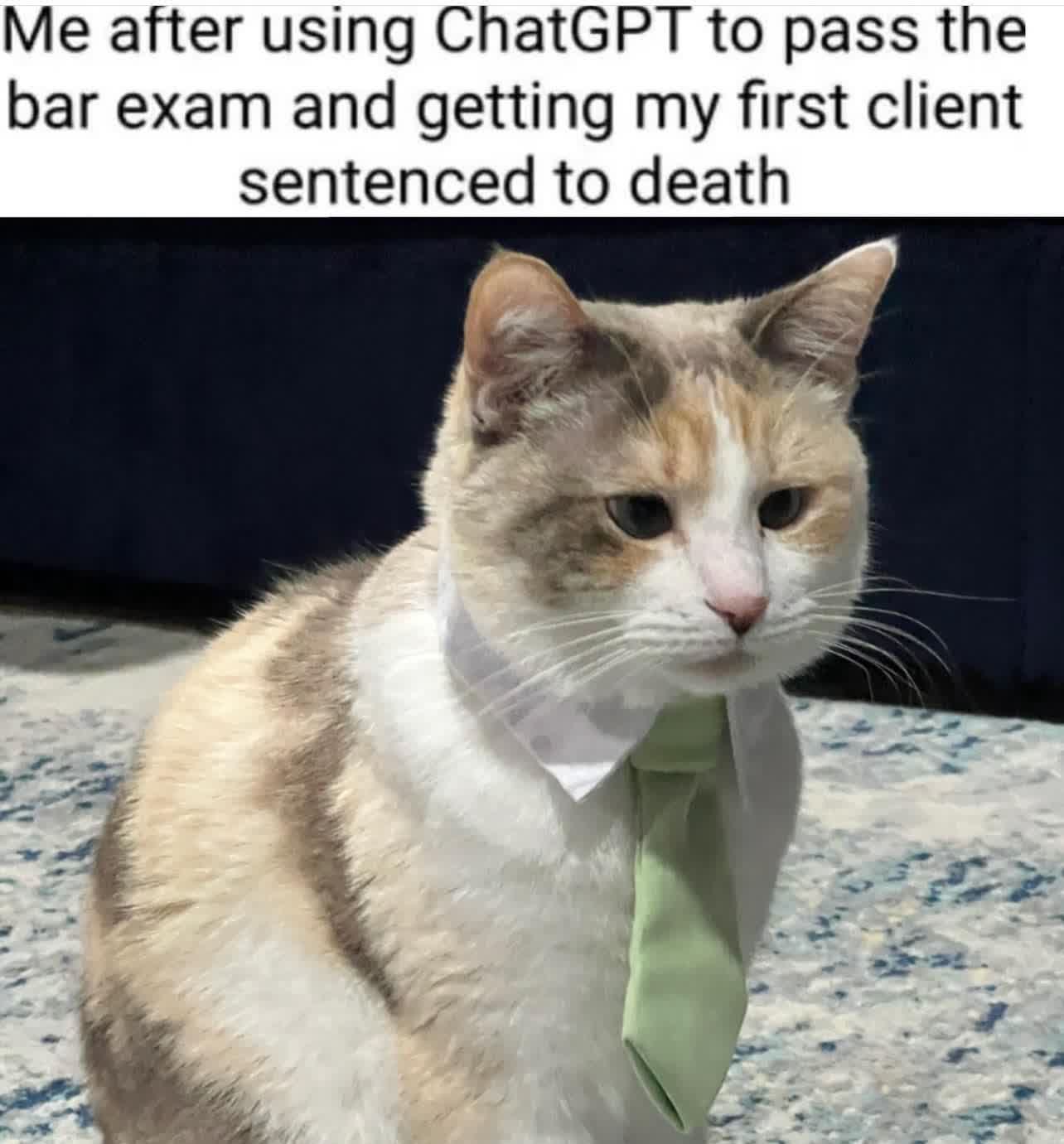A hot potato: The fear that generative AI tools such as ChatGPT would lead to a generation of students cheating and plagiarizing work has come to pass. The situation is so bad that educators are now looking at multipe ways to stop the problem, or at least make the practice much more difficult. Ironically, one of them is to use AI.

Speaking about AI-cheat students, Gary Ward, a teacher at Brookes Westshore High School in Victoria, British Columbia, told Business Insider, "Some of the ones that I see using it all the time – I think if it wasn't there, they would just sit there looking blindly into space."
There were warnings about AI cheating being endemic in education last year. Now, Ward says that "literally" all students are doing it.
One of the ways Ward is trying to combat the problem is to turn the AI against the cheaters. He asks ChatGPT to help him develop work that would be difficult for students to complete by simply feeding it into a large language model.
Richard Griffin, a lecturer in the business faculty at Manchester Metropolitan University in Manchester, England, is also using AI to make life harder for the AI cheats. The University has developed an in-house system that can be fed assignments. The system will then summarize how difficult it would be to use AI to complete the work, and recommend ways to make doing so more challenging.
"The IT department have done their own tool which assesses how AI safe it is, or AI savvy it is, and will give you a bit of a grade to say, 'Well, really, you will need to adjust some of this,'" Griffin said. "It doesn't give us specific information, but it does give you a bit of a scroll to say, No, this isn't very safe. You need to add some deeper challenges here, or you need to make this more personal, etc."
An anti-AI-cheating method we first heard about back in 2023 is still being used by many educators: a return to pen-and-paper assignments. Even if some of the assignments have to be carried out digitally, teachers can examine the written work to determine the likelihood that digital text came from the same student. Some Universities also make handwritten assignments and exams count for a higher percentage of the overall course grade.
"It's expensive and it takes a lot of time to grade them, but I think that needs to continue," said Ward.
There's no doubt that teaching students about AI and how to use it will become increasingly important as the technology finds its way into every part of our lives. But many agree that an overreliance on the likes of ChatGPT at an early age is destroying young people's critical thinking, imagination, and more.
Some courses are better suited to avoiding AI cheating. Several business courses, for example, are putting more of an emphasis on interacting with clients. There are also shifts back to more oral and discussion-based assignments.
Ultimately, the problem of using AI to cheat in schools isn't going away. Hopefully, the methods being used to combat it will prove effective, or there might be a future generation of professionals who can't do their jobs without consulting ChatGPT.
How teachers are fighting AI cheating with handwritten work, oral tests, and AI

